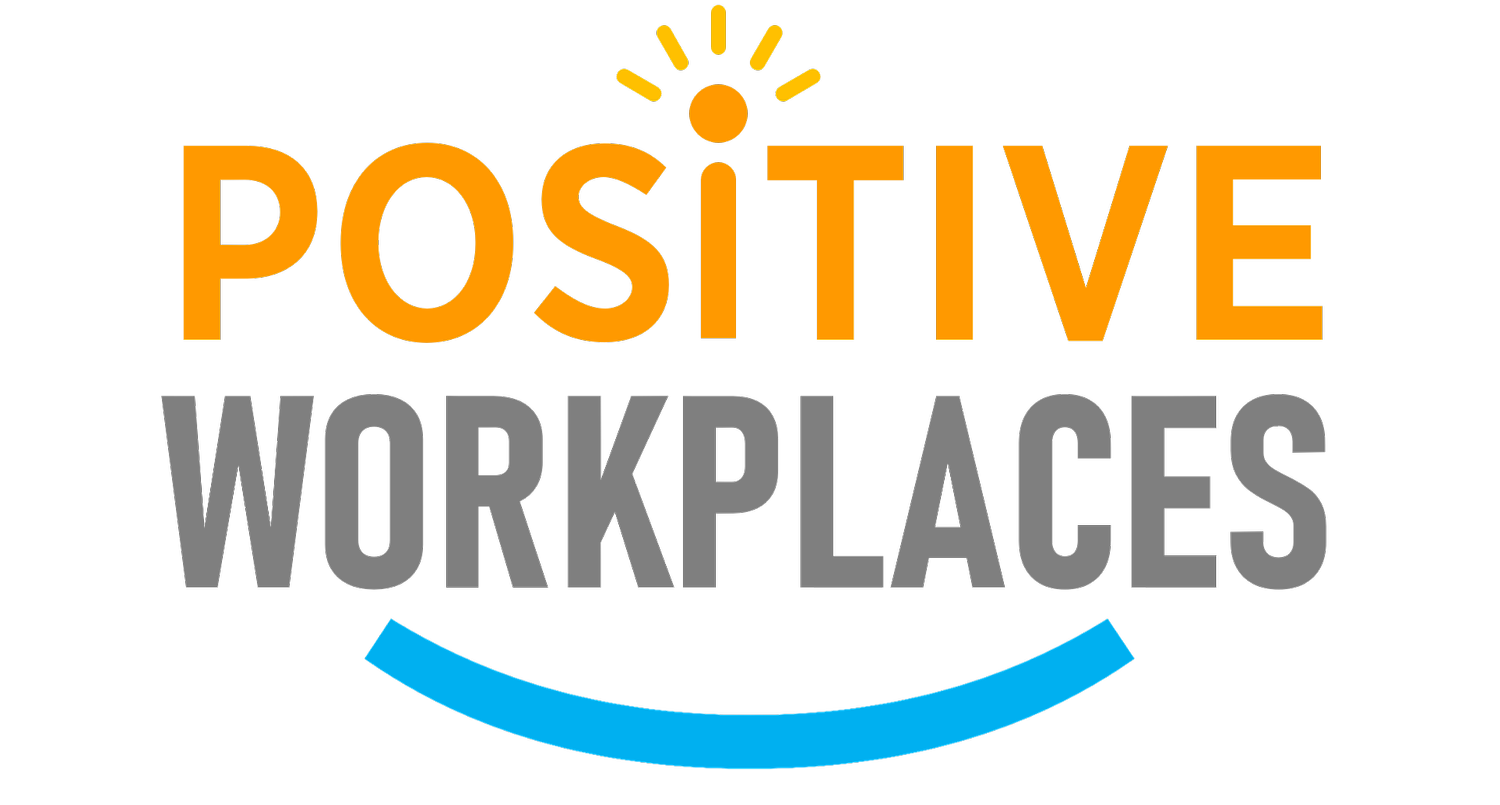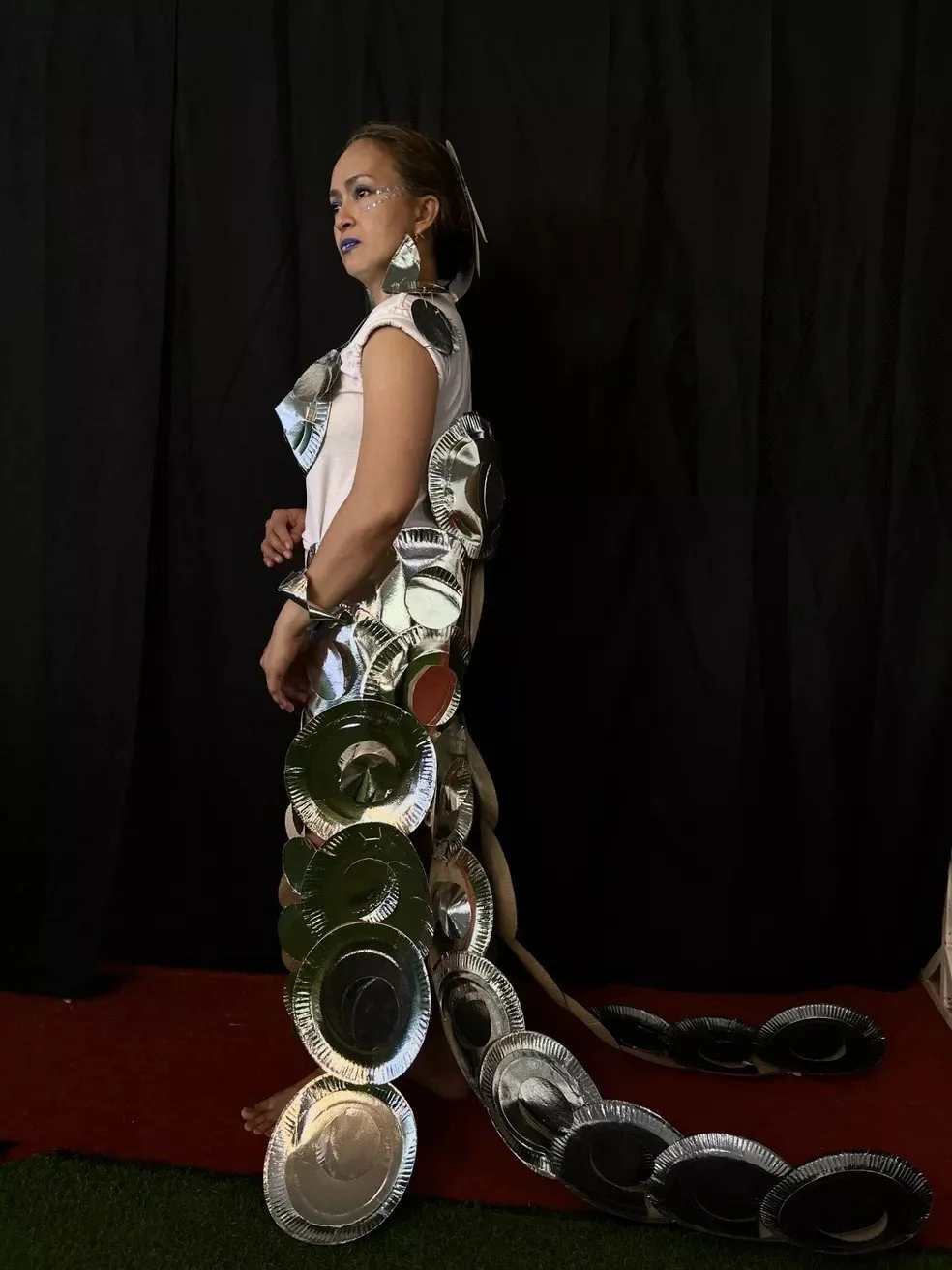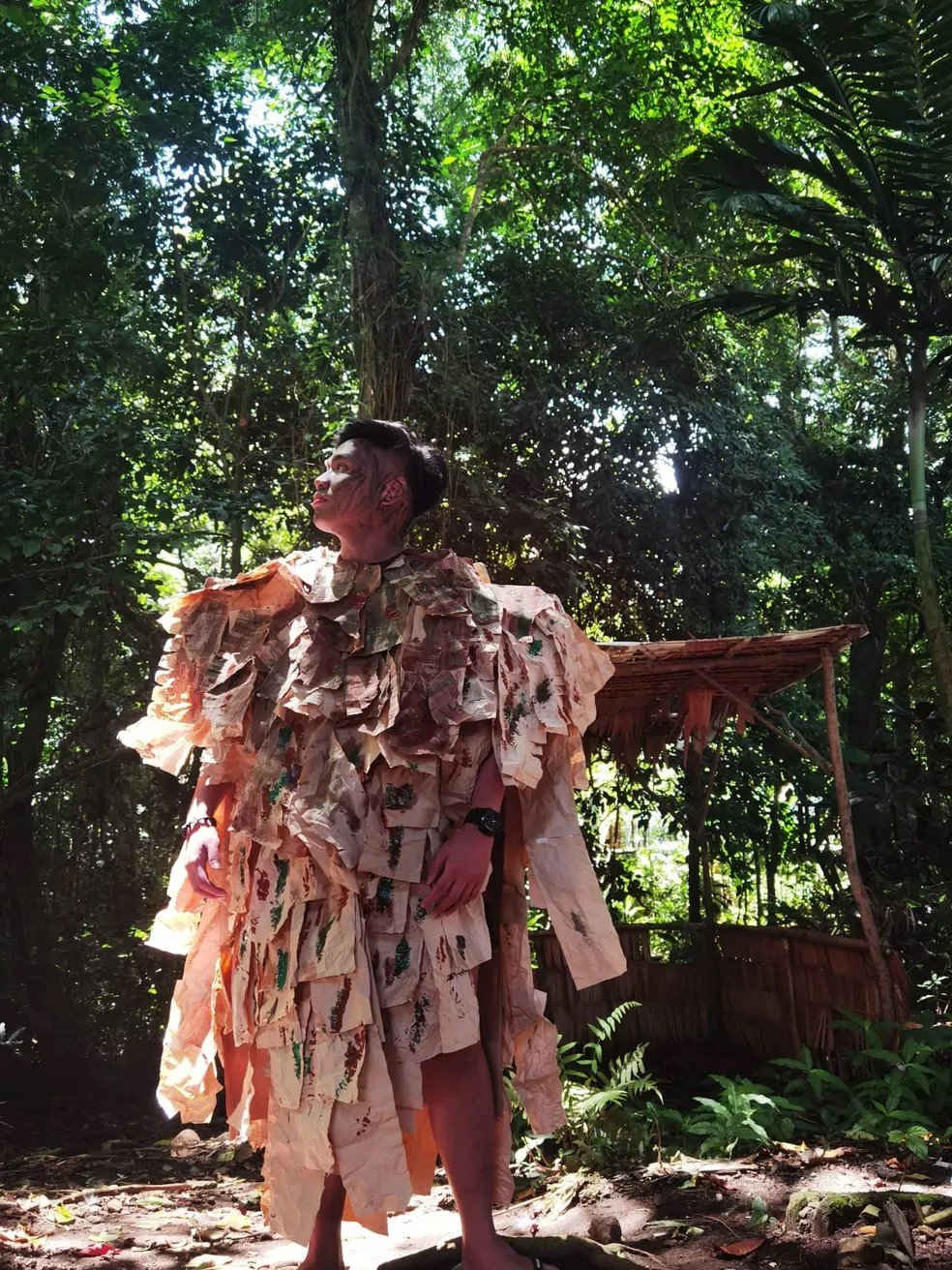Creating Unimaginable Performance from Safe Spaces
Imagine the potential we can unleash when we have more spaces at work.
This was what we witnessed when we facilitated the Team Building Workshop of the National Commission for Culture and the Arts (NCCA). Our challenge for them was daunting: the goal was to throw the most memorable fashion show of NCCA. Never mind that they had to design from scratch using obscure materials like garbage bags, table cloth, shower curtain or straws. Let’s ignore for a moment that they were grouped with team mates from various divisions (some of them they’ve only met for the first time). Or let’s even overlook the reality that they only had one hour to do all this, prepare a write-up for their runway walk, and even do a photoshoot in the process. They shattered human expectations and threw a show that no one in that room would ever forget.
We asked them how they were able to accomplish such an unimaginable task. And their responses only point to two main norms that we set before the activities started: first, we respect everyone for who they are; and second; in the next two days of activities, no one gets to be wrong (no idea is bad and stupid). These two agreements bound everyone to a common understanding— in the next two days, everyone will be in a safe space.
Psychological safety is a shared belief that no one will get punished for sharing their ideas, opinions or insights (Edmonson, 1999). It creates an environment where candor thrives and creativity fosters because people are motivated to share what they think and feel freely. In a world that’s fast-changing, competitive and volatile where anything can be declared obsolete in an instant, it’s the creativity ideas evolving into innovation that becomes the next competitive advantage.
Here are some tips on how to strengths psychological safety in organizations:
Start the common belief in leadership
Promote inclusivity and diversity across the organization
Initiate channels where people can express their views and opinions freely (freedom walls, anonymous employee feedback mechanisms, etc.)
Practice divergent and convergent thinking brainstorming processes (create options where all ideas are taken, before zooming in on that ideas that are highly feasible and impactful in relation to the goal)
Recognize great ideas openly, and point out mistakes privately
Regularly appreciate and acknowledge people’s strengths and capabilities
Practice what we preach
Celebrate performance and the benefits of a more creative and innovative workplace when they happen
These are just some of initiatives that could increase trust, decrease fear and encourage expression in organizations. Is there a likelihood that people will start challenging ideas and even authority more often— absolutely. But that’s the trade off for creativity and innovation— that no one gets to have the monopoly of power and best ideas anymore. I mean, how do we think Nokia and Kodak perished notwithstanding being titans of their respective industries?
The world has significantly changed. The digital age has created a reality where not reality is constant, and the only way to survive is to differentiate, be unique, and serve customers faster, better and smarter. It’s psychological safety that powers innovative organizations like Spotify, Apple, Google and even government institutions who’ve learned how to listen to their employees’ and customers’ needs and ideas, and act on them in the fastest and most effective ways possible.
I was talking to one of the attendees in NCCA’s team building and I asked him, “How did you feel being able to accomplish what you did today?”. And he said, “We simply believed what you said. That today, no one gets to be wrong. And that we should not be afraid to fail. And from there, everyone just kept sharing ideas both great and not so great. But more importantly, when decisions were made— everyone just kept doing their part based on what we agreed on”.
And just like that, psychological safety proved its point.
Special thanks to the NCCA team for entrusting us to facilitate this teambuilding workshop with their whole team.
Credits to NCCA and Jhoyce Cruz of PW for these lovely photos.
And shoutout to Gabby Llamzon, Luis Almazar and Jhoyce Cruz for designing, facilitating and supporting this amazing learning experience for everyone.






















